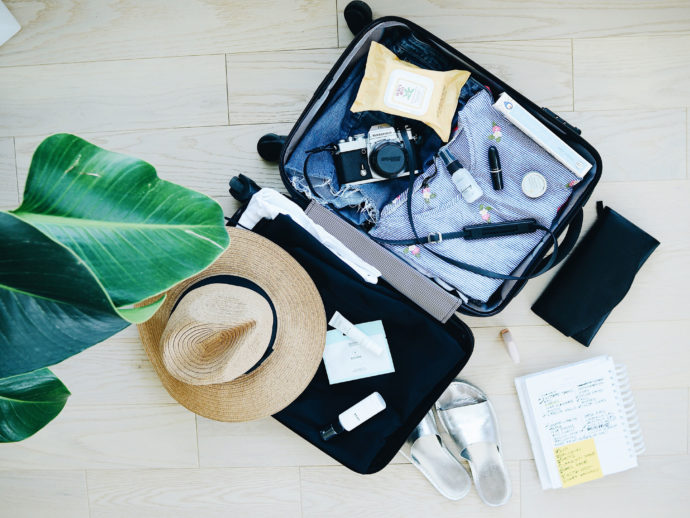
Strange but true: a 2010 study found that planning or anticipating a trip can make you happier than being on the trip itself. Here’s how to make the most of the planning process for your least stressful, most rejuvenating vacation ever.
Pre-trip happiness
The study of 1,530 Dutch people concluded that the anticipation of trip planning likely triggers pre-trip happiness. This pleasant feeling can be sparked weeks or months before you take off and can have a positive impact on your mindset and health.
Psychologist, speaker and author Dr. Theresa Nicassio says that trip planning involves dwelling on possibilities, giving you a sense of optimism and triggering the pleasure center of your brain. Thinking about being released from your daily grind can also release feelings of stress, anxiety and depression, she says.
Boosting the benefits
To get the most out of that pleasant pre-trip feeling, start by brainstorming possible trips, says Nicassio. Don’t edit your thoughts with limitations like your budget or distance; you’ll release some endorphins simply by focusing on the possibilities instead of the negatives.
“[When you’re] dreaming of possibilities, in that moment, from an emotional and physiological perspective, you are actually there,” says Nicassio.
Dreaming without limits may also help clarify what you really want. For instance, it can help you know what you really desire—whether it’s play, rest, a change of scenery or new experience.
Next, review the options that will meet your desires alongside your limitations like budget or the amount of time you have. It may take some creative thinking, but when you connect what you want for your trip with what’s possible in reality, you feel a burst of happiness, says Nicassio.
Trouble in paradise
Interestingly, the same Dutch study also found the only time vacationers saw an increase in post-trip happiness was when they experienced a “very relaxed” vacation. Interpersonal conflict—among health problems and culture shock—may be one of the reasons for a less-than-relaxing vacation experience.
Avoid quarrels with your travel partner(s) with the following tips.
Watch your language
When approaching potential conflicts with travel partner(s), psychologist Dr. Mariyam Ahmed recommends using “I” statements to express yourself. For instance, if your trip is chock full of activities and you feel exhausted, say “I feel tired” instead of “You are exhausting me.”
Concentrate on communication
Stop assuming you know what your travel partners are thinking and start asking questions for clarification.
Keep the holiday in mind
Don’t get mired in long-standing issues, cautions Ahmed. Keep the focus on the moment and what your goal was for the holiday.
Find common ground and compromise
Conflicts—whether they’re about a vacation budget or locations to visit—emerge when people differ in values, says Nicassio. Start by knowing what you want, then share this with your travel partner(s); be willing to listen to each other, identify common ground and then negotiate the areas where you have different values.






